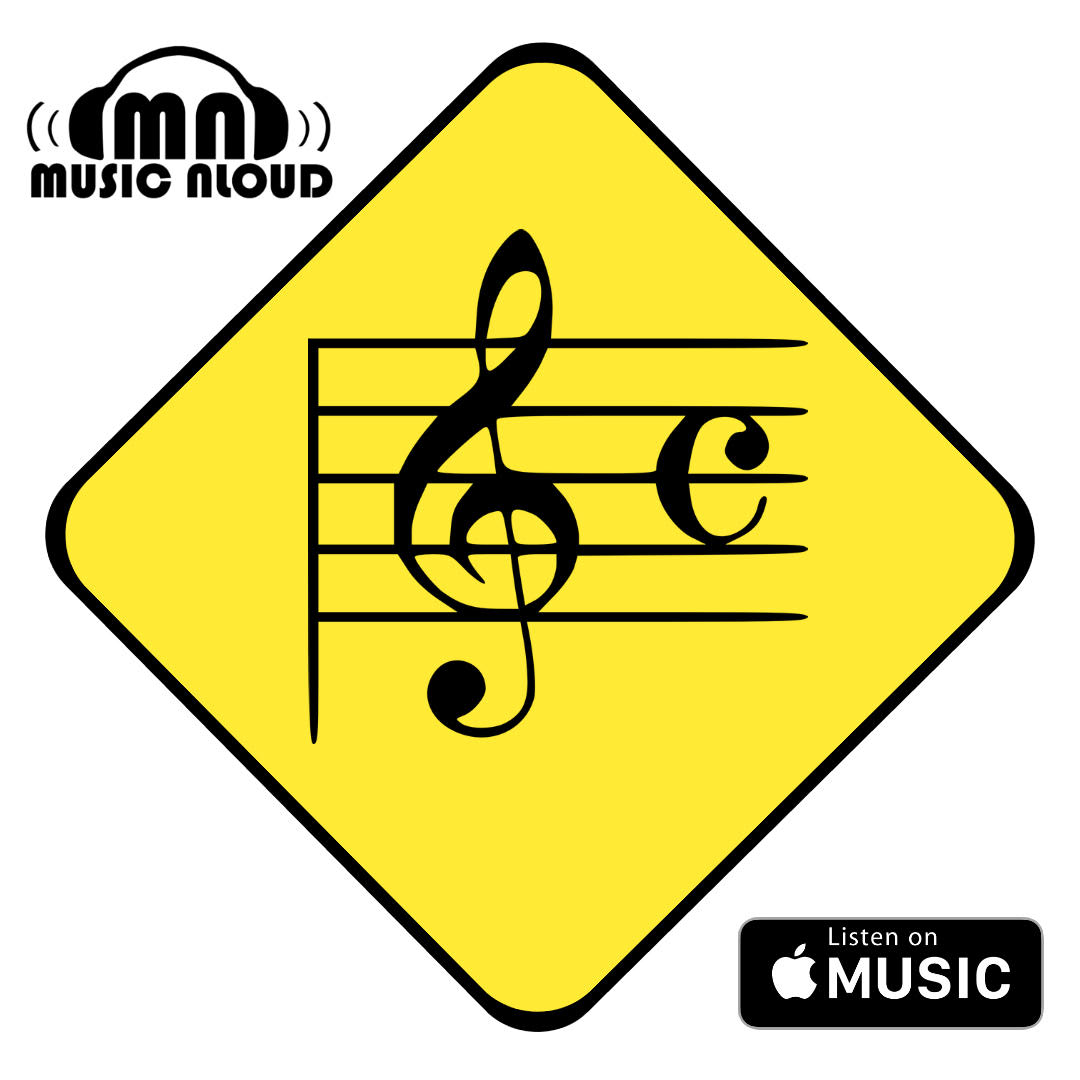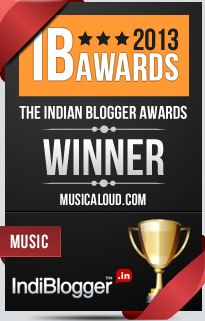 Being a music arranger/producer can be a pretty thankless job, at least from the spotlight perspective. People tend to laud the composer for a piece while in many cases it might have been the arranger responsible for making the music praise-worthy. And one of the pioneers in this business is Ranjit Barot, a man who has been in the Hindi film industry from the time of Laxmikant-Pyarelal. But thanks to his exceptional percussion skills (“one of the leading edges in drumming”, John McLaughlin called him) Barot hasn’t quite had the misfortune of remaining in the sidelines, at least to people who follow fusion and world music. From McL to Wayne Krantz to Billy Cobham on the international scene and Zakir Hussain to L Subramaniam to Vishwa Mohan Bhatt on the Indian scene, Barot has collaborated with pretty much everyone on the who’s who list of fusion music. And now with the advent of MTV Unplugged with Barot at the helm, the man is slowly gaining the attention of Bollywood followers as well. So enough intro I guess. Presenting our interview with Mr. Barot. Big thank you to the man for being generous with his replies. 🙂
Being a music arranger/producer can be a pretty thankless job, at least from the spotlight perspective. People tend to laud the composer for a piece while in many cases it might have been the arranger responsible for making the music praise-worthy. And one of the pioneers in this business is Ranjit Barot, a man who has been in the Hindi film industry from the time of Laxmikant-Pyarelal. But thanks to his exceptional percussion skills (“one of the leading edges in drumming”, John McLaughlin called him) Barot hasn’t quite had the misfortune of remaining in the sidelines, at least to people who follow fusion and world music. From McL to Wayne Krantz to Billy Cobham on the international scene and Zakir Hussain to L Subramaniam to Vishwa Mohan Bhatt on the Indian scene, Barot has collaborated with pretty much everyone on the who’s who list of fusion music. And now with the advent of MTV Unplugged with Barot at the helm, the man is slowly gaining the attention of Bollywood followers as well. So enough intro I guess. Presenting our interview with Mr. Barot. Big thank you to the man for being generous with his replies. 🙂
We know that your tryst with percussion began at a very early age. But your site does not speak of who your teachers were. Could you tell us that?
I have never had a formal teacher, actually, being self-taught. Well, I started playing in school bands and such, basically ‘teaching’ myself as I went along. In those days ( we’re talking 1970’s ), you listened to tapes, vinyl, whatever you could get your hands on, and you went to see as many gigs as you could. You created a DIY academy where you are part student and part teacher to yourself. Some of the drummers I liked then were Steve Sequiera. He played with Louis Banks for a bit and I heard him in the musical Jesus Christ Superstar that Alyque Padamsee had put up. That was fantastic production, and had a live band on stage with the actors playing all the songs and score. Brilliant. Also, Jerry D’ Moss. A killing drummer who’s now in Hamburg, driving cabs I heard. What a waste. He was the finest drummer around.,So you exposed yourself in as many ways as you could, and I suppose all the drummers you heard on tape and saw live, were all your teachers in some way. I got into Indian percussion much later on. I think I needed my drumming foundation to be solid before I got into anything else, although Indian music was in my house all along, my mother being the legendary dancer, Sitara Devi. I did become a student of the greatest of masters, Ustad Allarakha, when I was about 14, although I didn’t pursue my tabla studies too far. I was consumed by drums and he gave me his blessings to follow my heart, while instilling in me a deep sense for complex Indian poly rhythms. I currently draw inspiration from Sridhar Parthsarathy, a great mridangam player who plays with me often. He’s impacted quite a few western drum set players, all for the better. For me the teaching has come more in the way of an approach on the drums, rather than a literal translation of Indian rhythms on to the drum set.
You got into Bollywood quite early on, in the 80s. How did that come about?
I got into films initially to stay out of college. It’s a long story, but let’s say my teachers during my first year science term weren’t convinced that I could split the atom. After much TV style drama, my mother and I came to an agreement that if I could show that my ‘infatuation’ with the drums wasn’t a passing phase and I could actually make a living doing it, then I didn’t need to get my a** back into college. The late Kalyan ji, of Kalyan ji / Anand ji fame, used to come over and have chai with my mother after his evening walk. On one such evening, when I was about 16, he heard me practicing and asked to meet me. On entering my room and seeing me on my own, he remarked, ” I thought there was more than one person playing in here”. He then invited me to my first recording session for a film called Professor Pyarelal. Funny, as I ended up playing a lot with Pyarelal of Laxmikant / Pyarelal fame. And so it began.
You have had a long fruitful relationship with ARR. How did you meet? How has it been working with the man?
I met ARR when he was still Dilip. He used to come to Bombay to do adverts and we shared the same studio. He also used my equipment while he was in town as it was pretty much the same setup he had in Chennai. We then met at an award ceremony and he called me down to work on the song Humma. Since then, I’ve worked on quite a few films with him, the last one being Rockstar. Playing that music at the live promotional gig was a blast.We’ve had a great working relationship, and more importantly, we remain very close friends with a deep love and mutual respect for one another. Even when it comes to our gear and sonic space, we share the same expectations. I have a my own great set-up in Mumbai, Nirvana Studio, which is my base, and the only other composer who regularly uses it is ARR. Its a great arrangement – I work days, he works nights:) Sometimes I’m part of the night shift along with him too.
John McLaughlin is another man you have of late been quite associated with, being part of his 4th Dimension tour et al. Tell us about the experience of working with one of the greatest jazz guitarists of all time.
I first met John ji at Ustad Zakir Hussain’s commemorative concert to his father on February 3rd, 2007. We had an impromptu jam and he cast me as the drummer on his album, ‘Floating Point’. There’s always been a desire to take that relationship forward. We then met in Raleigh, North Carolina in November last year as part of the New Universe Music Festival where both of us were performing. I remember walking back to the hotel with John ji, and he turned to me and said, ‘Sir, we have to play together, you know’. To which I replied, ‘Sir, you have my number, and acceptance, anytime you want’. He then called me early this year and I was part of The 4th Dimension Summer tour 2011. I’m off at the end of the month to record a new 4th Dimension album which will be followed by a 2012 Fall tour.I feel extremely blessed to be associated with both the masters, John McLaughlin and Ustad Zakir Hussain. I consider them both mentors, not only as far as music is concerned, but also role model human beings.
Bada Boom. Your debut full-fledged album. Your long-cherished dream, if I may call it that. And fittingly featuring a fabulous lineup of artists. So how long did you prepare for this one? And how did you go about it?
I think the desire to put something out was kindled while recording ‘Floating Point’ with John ji. It then turned into, and I quote a title of the first Mahavishnu Orchestra album, an Inner Mounting Flame which could only feed on the highest creative output I was capable of. I got through the next couple of years putting to bed all the commercial commitments I had undertaken. By late 2009, I started seriously composing and recording various artists all over the world. Once I’d receive their parts via the Internet, I would further tweak the arrangements to incorporate some shadow of an idea I was able to glean from their performances. Bada Boom was completed towards Sept-Oct of 2010, (when I was neck deep in the Commonwealth Games music score production!) and released late 2010. I’m very fortunate to have all those incredible musicians on it, and I’m very proud of it as well.
Coming to current matters, tell us about MTV Unplugged. How has the experience been? How much of a challenge was it, given the legacy that the brand Unplugged carries with it?
Let me state right at the onset that I have never been swayed by current trends, nor challenged by ‘legacies’. We as a nation react very differently to music and music plays a large part of our social consciousness. Unplugged is an international format belonging to MTV where popular artists perform their hits in an acoustic format. No electronics, amps or speakers. acoustic instruments only.This allows, in my opinion, a more intimate setting for the artist, aided largely by the fact that there is a live audience present. Now when I say acoustic, I don’t necessarily mean soft. If you’ve seen some Unplugged artists perform on the international version, it can get loud. We are a groove committed nation. Every aspect of our social life has rhythm embedded in it. Weddings, religious festivals, etc. You put a dhol in the mix, on stage, and you’ve got some serious celebration going on. So, I went into the series with an open mind, knowing that, as with everything else, India thinks differently. This is not to say that there were no quiet moments. There were plenty of those too. I think it was a great mix of artists, a killer house band that made my life very easy, a great channel that allowed me complete creative freedom and a production house that brought high standards of visual entertainment to the table. I have to say, at the end, that it was one of my most enjoyable experiences. It put me in touch with all these wonderful artists and singers who I may never had a chance to work with in the normal scheme of things. The spin that MTV has put on this show is allowing independent non-film music to be included into the show. As we all know, when you say ‘hit’ music in India, it’s predominantly film music, as it is the largest selling and the most listened to music in our country. If we were to limit the show to just that format, then I think it would have limited us and the artists to some degree. Including Indie music allowed us to explore non film artists, as well as bring on some folk artists and instrumentalists. This move has also given Indie music a huge platform. So, all in all, I’m very happy with the show and I’m truly grateful to have been a part of it. More power to MTV.
Can we expect a next season for Unplugged? If you really look at the lineup from season 1, the only outfit that really qualifies as not-so-established from the Indie scene is Advaita. Do you think Unplugged should focus more on that segment?
I’m not sure what MTV’s plans are for the next round. I suppose there should be a follow up since the response to this season has been extremely positive. As I mentioned, Indie music got a boost with Unplugged and, yes, I think this is an area that needs all the support it can get, so fingers crossed that this trend continues.
Would you like to tell us about other current projects in progress/future projects in line?
Right now, I’m rehearsing and preparing for the Chivas Studio shows in Delhi and Mumbai. I’m off at the end of the month to record a new 4th Dimension album with John ji, which will be followed by our tour in the Fall of 2012. There’s a tour of India with Ustad Zakir Hussain through Dec 2011 and Jan 2012. I’m also currently working on an album with Carnatic electric mandolin maestro U. Shrinivas ji. So, I’m fairly busy for a while.
Tell us more about Chivas Studio. What kind of music can we look forward to? There is apparently fashion, gourmet et al. The music will not be sidelined, hopefully? And is it just in Mumbai and Delhi or can we expect it in other cities as well?
Chivas studio, as I’m sure you’re aware, is a property where Chivas brings together many creative people to collaborate and present something new and unique. In this case, it is by way of theatre, painting and photography. It’s proving to be so much fun working with Rohan and all the artists involved. The music is the driving force, so no, it won’t be sidelined. There’s a concert in Delhi and then in Bombay. I hope they take it to more cities, but I suppose that’s a decision that the people at Chivas will have to take.
You have collaborated with almost every big name in the music world in the close to three decades that you have been around. But is there anything still left on that wish list?
Not really. I’m at a point where I want to study Indian classical music in all seriousness. It’s such a deep art form and one lifetime is not enough. I suppose one makes a wish list when one is a master and chooses to work with another master. I’m still a student, so…
Apart from being a percussionist, you have donned the hats of a composer, arranger, and producer. How do the three roles differ?
I think it’s like 3 sides of a triangle. Being a composer, arranger or producer has individual aspects to their execution but all have a meeting point at the end. One has to keep track of the other as one is working on a project. They are separate, yet connected. Makes sense?
If we were to ask you to choose your favorite role from the above four, which one would that be?
Ah, that is a difficult question, though when push comes to shove, playing for a live, well informed audience holds a special place in my heart. It is the most joy to share your music with people, one on one.



